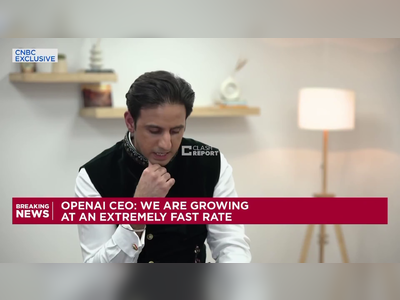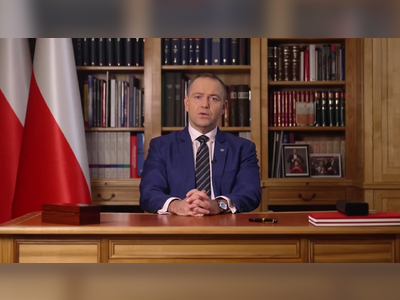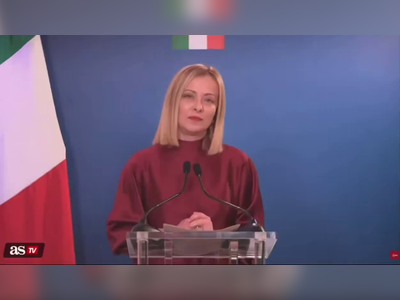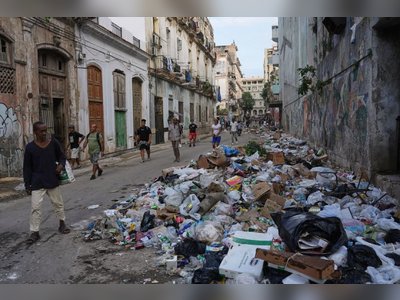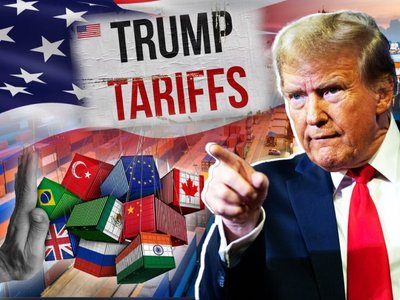NGO Reports Chemours at the Forefront of Campaign Against EU's Proposed PFAS Ban
Chemours, the maker of Teflon, is lobbying against the EU's possible phase-out of harmful 'forever chemicals', igniting discussions about industrial competitiveness and environmental conservation.
Chemours, the American chemical company known for the Teflon brand, has emerged as a leading lobbyist against a proposed ban by the European Union on harmful PFAS chemicals, according to a recent report by the Corporate Europe Observatory (CEO).
Per- and polyfluoroalkyl substances (PFAS), often called ‘forever chemicals’ due to their durability in the environment, have been associated with various health problems, including cancer, liver damage, and reduced fertility.
These chemicals are present in many consumer goods, ranging from electronics to sportswear, and are vital in some sectors, such as semiconductors and climate technology. Chemours has reportedly conducted more high-level discussions with the European Commission about PFAS than any other group, and its spending on lobbying for this issue has more than doubled over the past year.
Having been spun off from DuPont, the company is actively working to weaken the proposed ban, which aims to eliminate at least 10,000 PFAS from the EU market.
Their strategies include collaborating with other sectors and industries that depend on PFAS, encouraging them to oppose the proposal.
For instance, the Dutch semiconductor equipment manufacturer ASML was reportedly enlisted by Chemours to lobby against the phase-out in Brussels.
The company has also arranged meetings with various Commission departments, advocating for exemptions for certain industrial uses of PFAS, particularly fluoropolymers, which it argues are essential for Europe’s green industrial future.
Chemours proposes an alternative regulatory framework that imposes strict standards for PFAS rather than implementing a complete ban. Meanwhile, German states with strong industrial bases, such as Baden-Württemberg and Bavaria, have also opposed the ban.
These regions, with their robust chemical industries, have raised concerns that the phase-out might damage their local economies, especially in sectors critical to technologies like medical devices and digital products. While the European Commission recognizes the environmental risks associated with PFAS, it has indicated that exemptions for crucial sectors, particularly those involved in the digital and environmental transition, might be considered.
This situation has heightened tensions within the EU, with states focused on industry pushing for exceptions, while environmental groups caution against compromising public health for economic gain. The European Commission has yet to finalize a decision, but it is evident that the conflict between environmental safeguards and industrial competitiveness will continue to influence the future of EU chemical regulations.
Per- and polyfluoroalkyl substances (PFAS), often called ‘forever chemicals’ due to their durability in the environment, have been associated with various health problems, including cancer, liver damage, and reduced fertility.
These chemicals are present in many consumer goods, ranging from electronics to sportswear, and are vital in some sectors, such as semiconductors and climate technology. Chemours has reportedly conducted more high-level discussions with the European Commission about PFAS than any other group, and its spending on lobbying for this issue has more than doubled over the past year.
Having been spun off from DuPont, the company is actively working to weaken the proposed ban, which aims to eliminate at least 10,000 PFAS from the EU market.
Their strategies include collaborating with other sectors and industries that depend on PFAS, encouraging them to oppose the proposal.
For instance, the Dutch semiconductor equipment manufacturer ASML was reportedly enlisted by Chemours to lobby against the phase-out in Brussels.
The company has also arranged meetings with various Commission departments, advocating for exemptions for certain industrial uses of PFAS, particularly fluoropolymers, which it argues are essential for Europe’s green industrial future.
Chemours proposes an alternative regulatory framework that imposes strict standards for PFAS rather than implementing a complete ban. Meanwhile, German states with strong industrial bases, such as Baden-Württemberg and Bavaria, have also opposed the ban.
These regions, with their robust chemical industries, have raised concerns that the phase-out might damage their local economies, especially in sectors critical to technologies like medical devices and digital products. While the European Commission recognizes the environmental risks associated with PFAS, it has indicated that exemptions for crucial sectors, particularly those involved in the digital and environmental transition, might be considered.
This situation has heightened tensions within the EU, with states focused on industry pushing for exceptions, while environmental groups caution against compromising public health for economic gain. The European Commission has yet to finalize a decision, but it is evident that the conflict between environmental safeguards and industrial competitiveness will continue to influence the future of EU chemical regulations.
AI Disclaimer: An advanced artificial intelligence (AI) system generated the content of this page on its own. This innovative technology conducts extensive research from a variety of reliable sources, performs rigorous fact-checking and verification, cleans up and balances biased or manipulated content, and presents a minimal factual summary that is just enough yet essential for you to function as an informed and educated citizen. Please keep in mind, however, that this system is an evolving technology, and as a result, the article may contain accidental inaccuracies or errors. We urge you to help us improve our site by reporting any inaccuracies you find using the "Contact Us" link at the bottom of this page. Your helpful feedback helps us improve our system and deliver more precise content. When you find an article of interest here, please look for the full and extensive coverage of this topic in traditional news sources, as they are written by professional journalists that we try to support, not replace. We appreciate your understanding and assistance.








